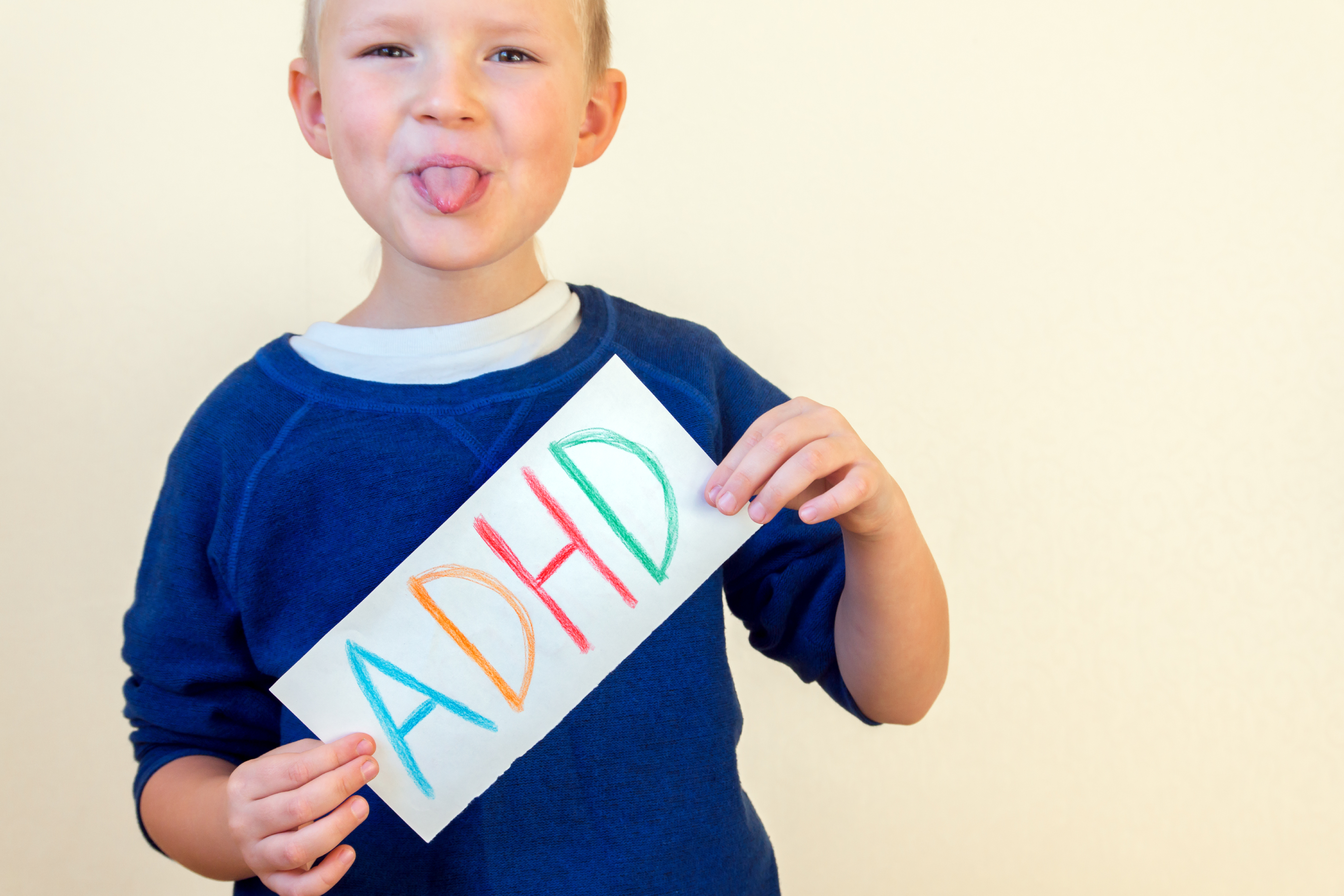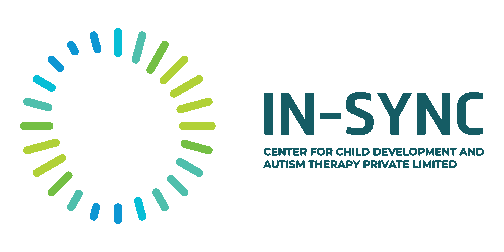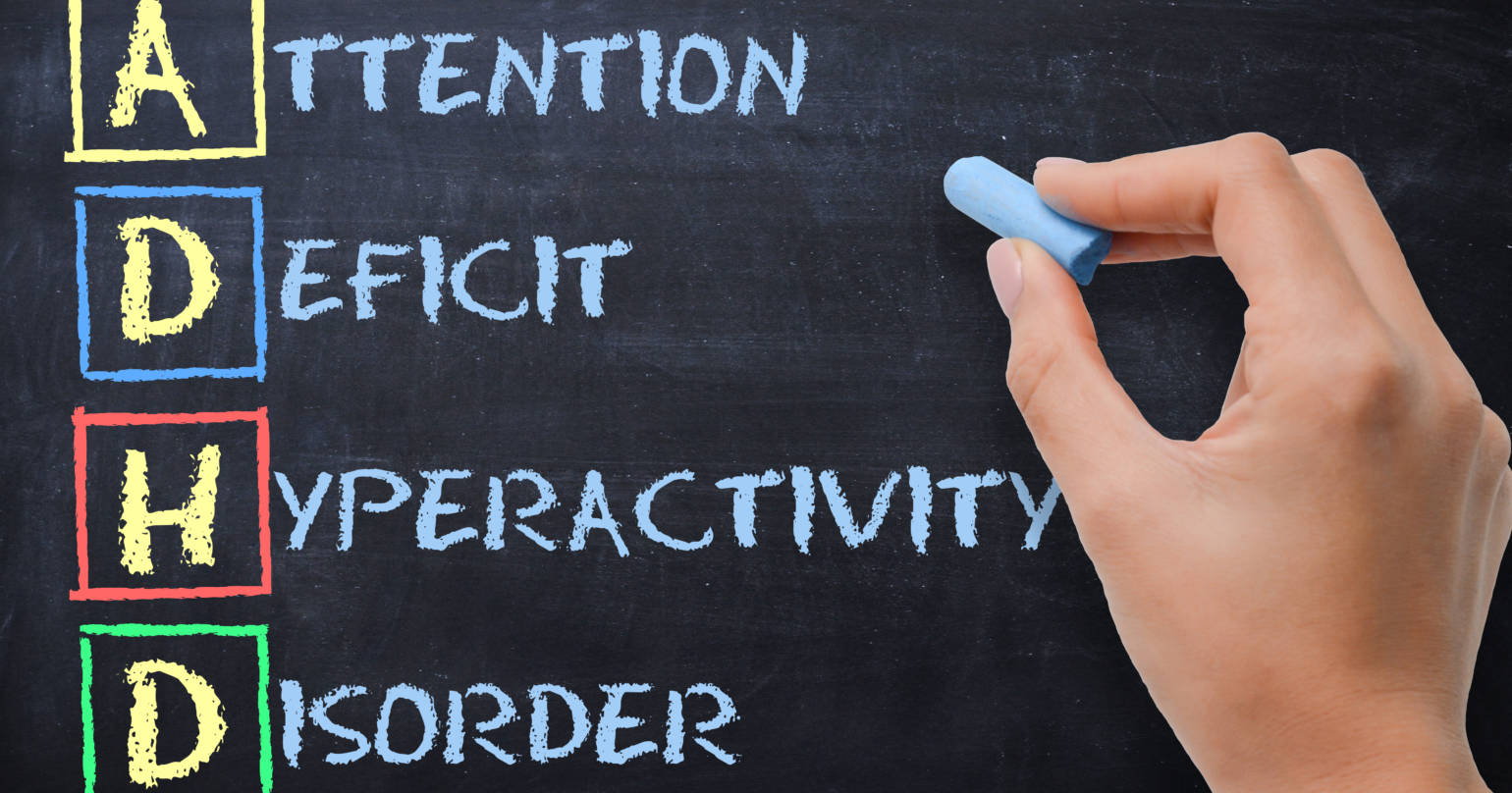There are times when most children behave rashly and seem out of control. Making incessant noise, crashing into things, refusing to wait for their turn, daydreaming instead of focusing, and not meeting deadlines are regular issues of childhood. However, when such behaviour crosses the limit of occasional, it starts interfering with routine life.
Hearing or suspecting your child has ADHD could cluster your mind with several queries with regards to the signs and solutions. You may wonder how to help your child’s condition.
We endeavour to help answer your questions irrespective of where you stand in the journey. Let us gain some in-depth information and insight into the condition.
What is ADHD

To begin with, ADHD or attention deficit hyperactivity disorder is a common problem. Genetics play a role, and it is believed to run in families. The brain anatomy and wiring differ from usual in this condition. The variation impacts focus, concentration, and self-control. All these aspects form the critical areas of executive function.
Every human exhibits symptoms of ADHD at some point of life or the other. But, to be diagnosed with the disorder, the signs need to be more pronounced. ADHD can result in challenges in several domains.
Specific skills that get affected include:
- Working memory
- Flexible thought process
- Managing personal emotions
- Self-regulation
- Organisation and planning
ADHD Signs and Symptoms
The primary signs of the disorder include inattention, impulsivity, and hyperactivity. However, the symptoms may show variations in different kids. Generally, the symptoms show up in preschool itself. But, for some, it may take primary school or even high school until they face challenges.
Here are signs to look out for at different stages.
Pre-School to Grade 2

- Unable to follow directions
- Grabs things without seeking permission
- Displays uneasiness and trouble starting tasks
- Fidgets and gets up when required to work or be quiet
- Gets frustrated easily
- Needs continuous reminders to listen
Grades 3 to 7

- Seems distracted, almost like daydreaming
- Easily loses focus
- Restless in nature
- Forgets home assignments often
- Doesn’t complete tasks in given time
- Forgets and loses things frequently
- Seldom considers consequences before taking any action
Teens
- Lack of organisational skills
- Cannot prioritise correctly
- Acts impulsively
- Is unable to meet deadlines
- Fidgets and talks too much
- Requires consistent directions to follow through tasks
- Slow processing speed
Clarification
- While we are at the signs of ADHD, it becomes vital to understand there can be exceptions and variations.
Although the typical symptom is to always be in motion, some kids may face difficulty with only attention instead of hyperactivity. This condition is identified as ADHD Inattentive Type or ADD. - There’s another very confusing sign of ADHD. Despite exhibiting lack of focus frequently, sometimes they can hyper-focus on one activity of their interest. For instance, a kid with ADHD may be able to focus on a sport or craft for hours, so much so that they don’t even respond to their names.
- ADHD is not a learning disability. It certainly can affect learning in the form of dyslexia (difficulty in reading), Dyscalculia (difficulty with Math), and Dysgraphia (difficulty in writing).
- It is cardinal to comprehend that ADHD has nothing to do with one’s intelligence or IQ. Kids with ADHD are equally smart as their peers.
Who Can Help?

Health Care Professionals
They can prescribe and monitor medicines related to the condition. Drugs cannot cure ADHD but can significantly improvise the symptoms.
School Psychologists
They can support the child’s development by working directly with the child in academics. They can also render support in areas of social skills and behaviour management.
Special Education Teachers
They can facilitate better organisational skills. They help craft behaviour intervention plans and can even offer private tutoring services.
Organisational Coaches
These consultants can be hired to help your child build time management skills. They can also provide support in studies.
How Can You Help
Raising a child with ADHD can be immensely challenging. There are ways in which you can help build your child’s resilience and self-esteem.
- Gain knowledge on the subject and understand the disorder
- Discover simple ways at home to improve your child’s focus
- Help your child manage screen and cell phone time
- Get tips to help your child follow directions
- Find ways to control your child’s anger and frustration
Summary
ADHD is indeed a challenging condition. But, remember several professionals can help your child. With their support and more profound understanding of the disorder, you can evolve ways to make your child succeed at school and in life ahead.


Add Comment